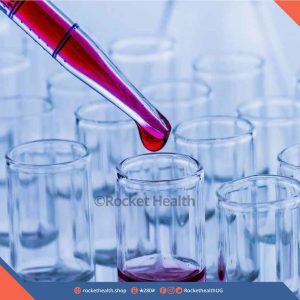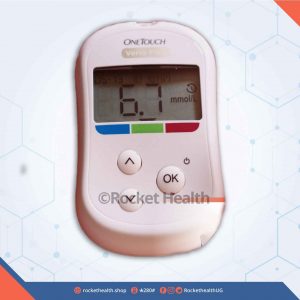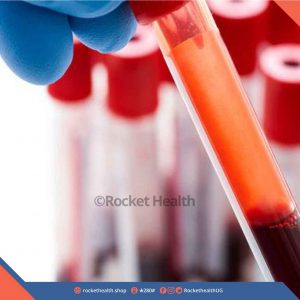No products in the cart.
Anti Nuclear Antibody (ANA)
This test looks for antibodies in your blood that may indicate the presence of an autoimmune condition which causes your immune system to attack your own body cells, tissues, and organs.
Blood.
No specific patient preparation protocol required. Inform the doctor if you are on any medications, have any allergies or underlying medical conditions before your test
Antinuclear antibodies (ANA) are a group of autoantibodies produced by a person’s immune system when it fails to adequately distinguish between “self” and “nonself.” ANA react with components of the body’s own healthy cells and cause signs and symptoms such as tissue and organ inflammation, joint and muscle pain, and fatigue.
UGX 70,000Anti Nuclear Antibody (ANA)
UGX 70,000Alpha Feto Protein
This test measures the level of Alpha Feto Protein (AFP) in the blood. Liver damage and certain cancers can increase AFP concentrations in the blood.
Blood.
No specific patient preparation protocol required. Inform the doctor if you are on any medications, have any allergies or underlying medical conditions before your test
Alpha-fetoprotein (AFP) is a protein produced primarily by the liver in a developing baby (fetus) and the portion of a developing embryo that is similar to the yolk cavity in bird eggs. AFP is produced whenever liver cells are regenerating. With chronic liver diseases, such as hepatitis and cirrhosis, AFP may be chronically elevated. Very high concentrations of AFP may be produced by certain tumors. This characteristic makes the AFP test useful as a tumor marker. Increased amounts of AFP are found in many people with a type of liver cancer called hepatocellular carcinoma and in a liver cancer occurring in infants called hepatoblastoma. They are also found in some people with cancers of the testicles or ovaries.
UGX 65,000Alpha Feto Protein
UGX 65,000ORAL GLUCOSE TOLERANCE TEST
This test enables diagnosis of type 2 diabetes and gestational diabetes in pregnant women.
Blood.
Inform your doctor if you are on any medications, have any allergies or underlying medical conditions before this test. The individual undertaking the test should fast for 12 hours prior to the test and have a meal with at least 75 gms of carbohydrates. After the meal, the patient should not take any food before having the test. Take rest for two hours during the waiting period and do not work or strain yourself because exercise may sometimes increase the blood sugar levels. If you are pregnant then there is no need to fast.
Glucose is the primary energy source for the body’s cells and the only energy source for the brain and nervous system. A steady supply must be available for use, and a relatively constant level of glucose must be maintained in the blood Postprandial blood sugar test is used to measure the amount of glucose present in our blood, after two hours of eating. This test indicates how your body responds to sugar and starch after you have a meal.
UGX 40,000ORAL GLUCOSE TOLERANCE TEST
UGX 40,000HEPATITIS B VIRAL LOAD
This test measures the actual amount of hepatitis B viruses in a blood sample which helps to determine whether the viruses are reproducing in the liver.
Blood.
No specific patient preparation protocol required. Inform your doctor if you are on any medications or have any underlying medical conditions or allergies before undergoing this test.
Hepatitis B is an infection of the liver caused by the hepatitis B virus (HBV). This is one type among the other types of viral hepatitis. This infection can spread from one person to another through contact with infected blood and body fluids.
UGX 300,000HEPATITIS B VIRAL LOAD
UGX 300,000





